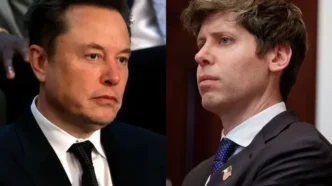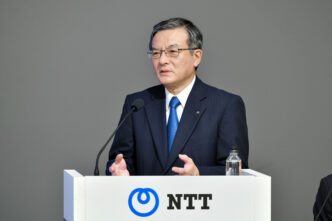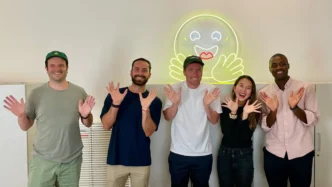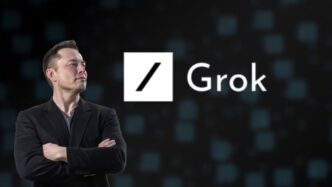The escalating feud between OpenAI and its controversial co-founder, Elon Musk, has taken another dramatic turn. OpenAI has officially filed a countersuit against Musk, alleging a pattern of damaging behavior and urging the court to put a stop to it.
In a court filing made on Wednesday, OpenAI and its legal team—including CEO Sam Altman as a co-defendant—asked for Musk to be restrained from taking any further “unlawful and unfair” actions. The suit also demands that he be held accountable for the harm they claim he has already caused.
“OpenAI is resilient,” the legal document states. “But Musk’s actions have taken a toll. If his campaign continues, it poses a growing threat—not just to OpenAI’s governance and partnerships, but also to the broader public interest.” The filing also references a so-called fake takeover attempt Musk allegedly initiated, which the company describes as a disruption designed to destabilize OpenAI’s future direction.
OpenAI amplified this position in a statement from its official newsroom on X (formerly Twitter), saying:
“Elon’s nonstop actions against us are just bad-faith tactics to slow down OpenAI and seize control of the leading AI innovations for his personal benefit. Today, we counter-sued to stop him.”
Meanwhile, Musk’s legal representative, Marc Toberoff, defended the billionaire’s earlier proposal to acquire OpenAI’s nonprofit. Toberoff argued that the board ignored a serious and fair offer, and he criticized the claim that Musk’s bid interfered with OpenAI’s business.
Musk Accuses OpenAI of Betraying Its Mission
This countersuit follows Musk’s ongoing lawsuit against OpenAI, where he accuses the company of straying from its original mission. OpenAI was founded in 2015 as a nonprofit dedicated to ensuring artificial intelligence benefits all of humanity. But in 2019, it transitioned into a “capped-profit” structure—allowing limited investor returns—while still claiming to pursue altruistic goals.
Now, OpenAI seeks to evolve once more—this time into a public benefit corporation (PBC), a structure meant to balance profit with public interest. However, Musk has been vocal in opposing the move, claiming it compromises the company’s original vision. He even filed for an injunction to halt the change. Though a federal judge rejected that request in March, the case is still set to go before a jury in spring 2026.
With the clock ticking, OpenAI faces pressure to finalize its corporate conversion before the end of 2025. Failure to do so could force it to give up some of the capital it has recently raised.
Critics Push Back on OpenAI’s For-Profit Transition
While OpenAI insists that its shift to a for-profit model will strengthen its nonprofit arm, several advocacy groups are pushing back. This week, a coalition of labor unions and nonprofits—including the California Teamsters—sent a petition to California Attorney General Rob Bonta. The group asked Bonta to intervene and stop OpenAI from converting to a for-profit entity.
Their argument? OpenAI, they claim, has “failed to protect its charitable assets” and is now actively diverting those resources to serve private interests rather than public good. Similar concerns were raised last year by Encode, a nonprofit that co-sponsored California’s AI safety legislation SB 1047, which ultimately failed. Encode also filed an amicus brief warning of risks tied to OpenAI’s governance shift.
OpenAI Says It’s Doubling Down on Charity
OpenAI, however, maintains that it has no intention of abandoning its nonprofit mission. In fact, the company argues that the transition will allow it to channel more resources into its charitable work—particularly in areas like education, healthcare, and scientific research.
“We’re getting ready to build the best-equipped nonprofit the world has ever seen,” the company wrote on X. “We’re not moving away from the mission—we’re doubling down. Elon’s never been about the mission. He’s always had his own agenda.”
As the legal battle intensifies, the outcome could have long-term implications—not just for OpenAI’s future but also for how AI innovation is governed, funded, and made accessible to the public.













